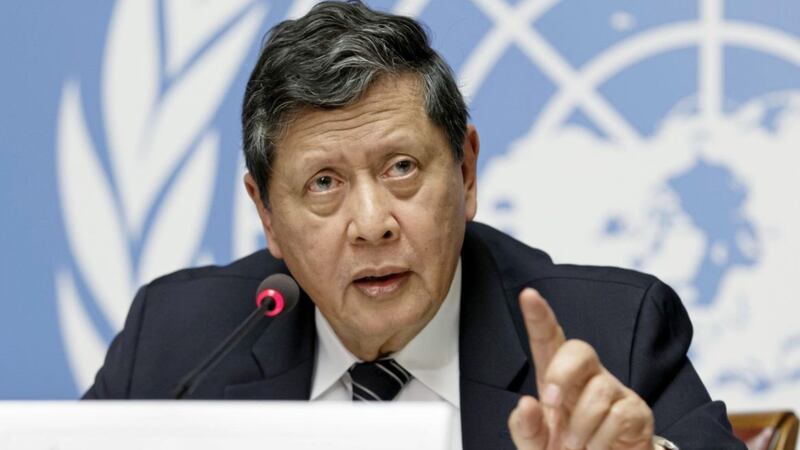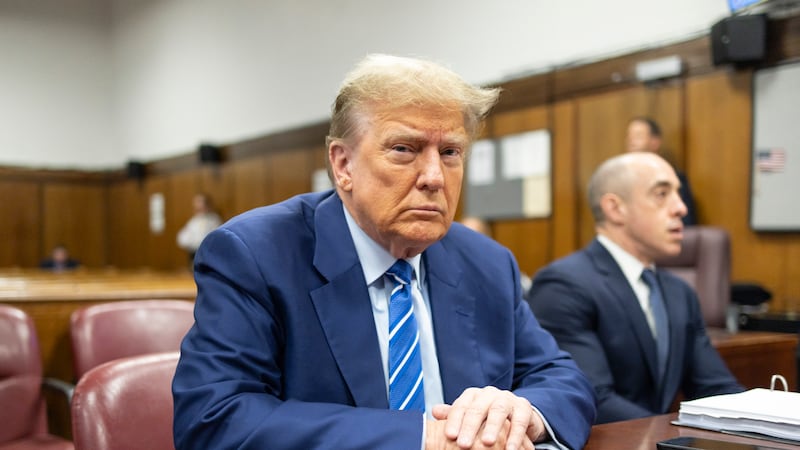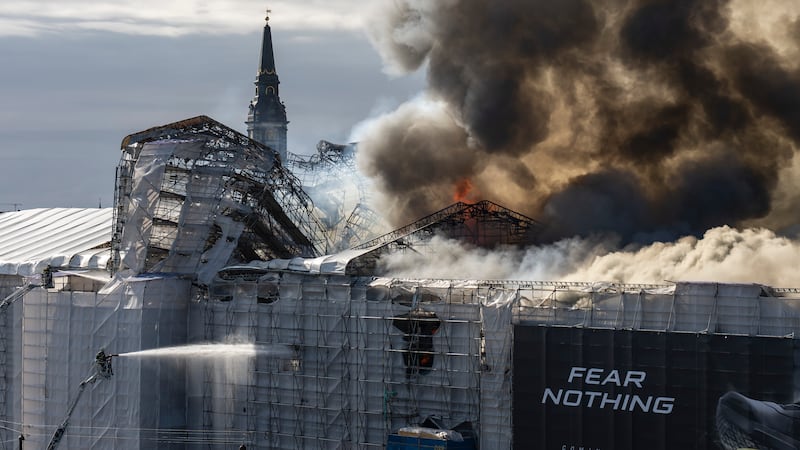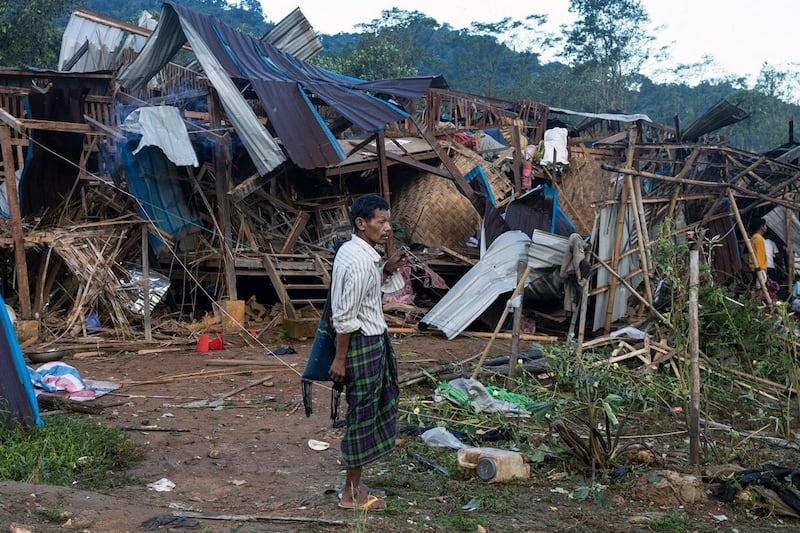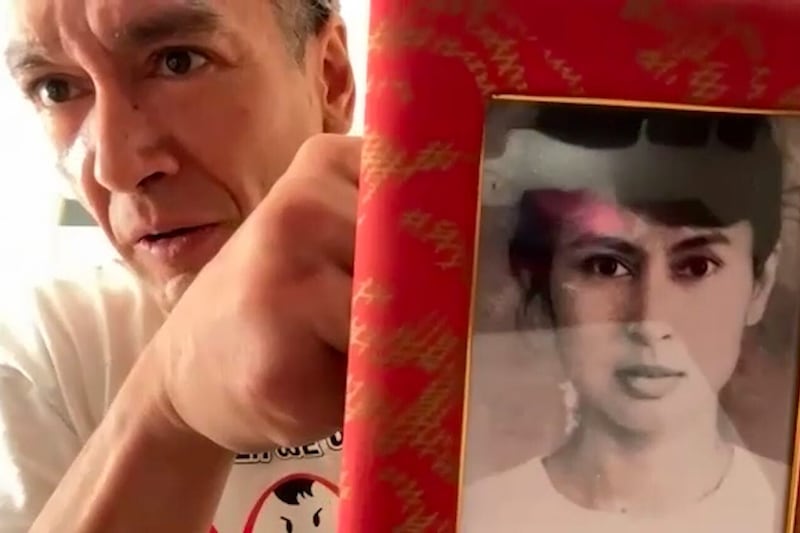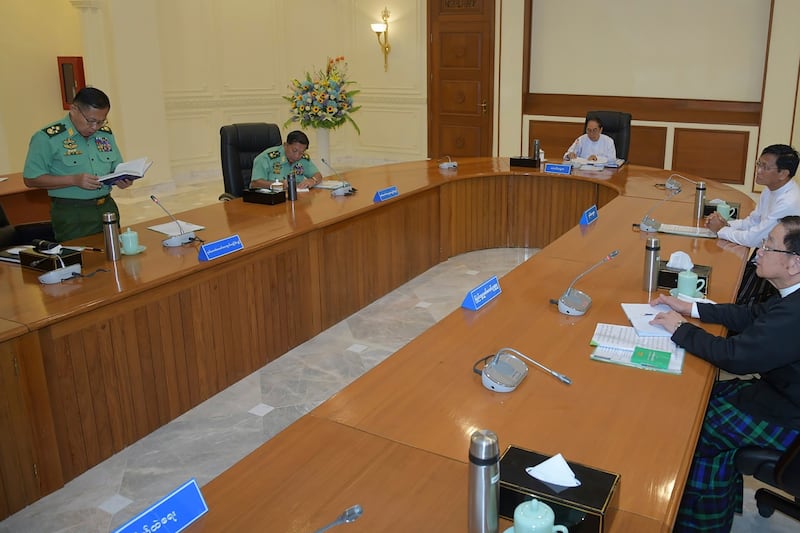BURMESE military leaders should be prosecuted for genocide against Rohingya Muslims, investigators working for the UN's top human rights body have said.
The team took the unusual step of identifying six by name among those behind what they called deadly, systematic crimes against the ethnic minority.
The call, accompanying a first report by the team of investigators, amounts to some of the strongest language yet from UN officials who have denounced alleged human rights violations in Burma since a bloody crackdown began last August.
The three-member "fact-finding mission" and their team, working under a mandate from the UN-backed Human Rights Council, meticulously assembled hundreds of accounts from expatriate Rohingya, as well as satellite footage and other information to assemble the report.
"The military's contempt for human life, dignity and freedom – for international law in general – should be a cause of concern for the entire population of Myanmar, and to the international community as a whole," said fact-finding mission chair Marzuki Darusman, a former Indonesian attorney-general, at a news conference.
The council created the mission in March last year – nearly six months before a string of deadly rebel attacks on security and police posts set off a crackdown that drove Rohingya to flee into neighbouring Bangladesh.
The UN estimates that more than 700,000 have fled.
The team compiled accounts of crimes including gang rape, the torching of hundreds of villages, enslavement, and killings of children – some before the eyes of their own parents.
The investigators were not granted access to Burma and have decried a lack of co-operation or even response from the government, which received an early copy of the report.
The team cited a "conservative" estimate from aid group Reporters Without Borders that some 10,000 people were killed in the violence, but outside investigators have had no access to the affected regions – making a precise accounting elusive, if not impossible.
Above all, the investigators said the situation in Burma should be referred to the International Criminal Court (ICC), and if not, to a special tribunal.
Last week, Burma's government rejected any co-operation with the ICC, to which it is not a party.
China, a permanent member of the UN Security Council with veto power over whether the issue will be brought before the ICC, has been reticent about condemning Burma's government during the crisis.
UN leaders, foreign government officials and human rights watchers have for months cited evidence of genocide in Burma, and the US late last year said that "ethnic cleansing" was occurring.
But few experts have studied the issue as in-depth, and in such an official way, as the fact-finding mission with a mandate from the 46-nation council.
The UN does not apply the word "genocide" lightly.
The team's assessment suggests the crimes against the Rohingya could meet the strict legal definition, used to highlight and condemn state-supported abuses in places such as Bosnia, Rwanda and Sudan's Darfur region.
Human rights watchers say that determining "genocidal intent" is perhaps the most difficult criteria to meet: in essence, it's the task of assessing the mindsets of perpetrators to determine if ethnicity, race, religion or another attribute had motivated them.
"The crimes in Rakhine state, and the manner in which they were perpetrated, are similar in nature, gravity and scope to those that have allowed genocidal intent to be established in other contexts," the report said, alluding to a region of Burma that is home for many Rohingya.
They added into their assessment: the extreme brutality of the crimes; "hate rhetoric" and specific speech by perpetrators and military commanders; policies of exclusion against Rohingya people; an "oppressive context"; and the "level of organisation indicating a plan for destruction".
The investigators cited six Burmese military leaders as "priority subjects" for possible prosecution, including Commander-in-Chief Min Aung Hlaing.
A longer list of names is to be kept in the office of the UN human rights chief for possible use in future judicial proceedings.
America and the EU have already slapped sanctions on some Burmese military leaders, though Min Aung Hlaing is not among them.
"The main perpetrator, the people that we want the spotlight on, is the Tatmadaw," said mission member Radhika Coomaraswamy, a Sri Lankan former UN undersecretary-general, referring to Burma's military.
